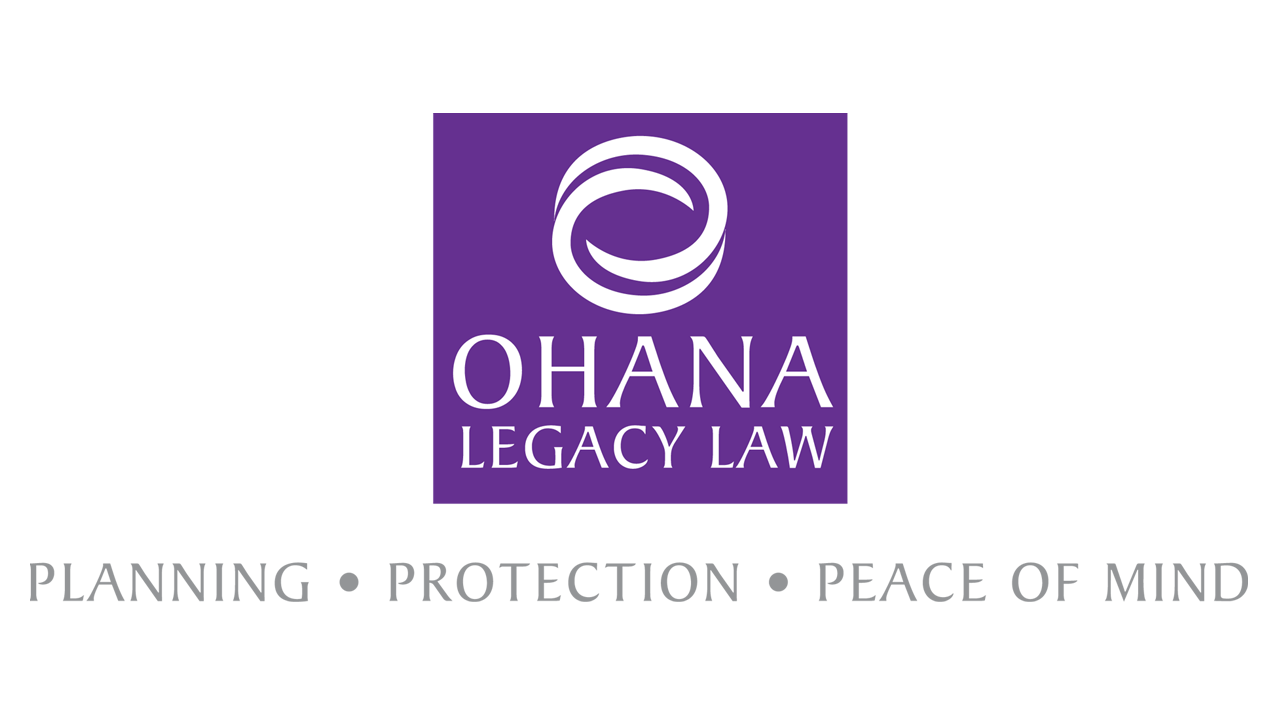The Path
I have this painting on the wall in my office. The artist is the husband of a dear friend of mine. Their gallery, Studio Osterberg, is in Old Town La Quinta, CA. I think Jamie Osterberg is an expressive and talented artist and sculptor.
I love this painting, well, first because it's my color..purple! But the reason that it hangs on the wall in my office is because I feel like it's symbolic of how I help. Often, when a new client comes in to my office after a death, they are very overwhelmed and just lost in the process. My goal is that they will leave our first meeting feeling like there is a way through the crisis....a Path
Paths through Probate in Hawaii
The probate process required depends on the facts of a particular case, most importantly the character of the assets owned by the deceased person.
The simplest process is called an "Affidavit for Collection of Personal Property"
If the person died with a total of $100,000 or less of personal property, and with no real estate, then no court proceeding is necessary. These assets can usually be collected very quickly and inexpensively through the use of this type of affidavit. The affidavit is then presented to the bank, for instance, and the deceased person's account will be closed and the assets paid to the person presenting the affidavit.
Small Estate: If the person died owning real estate, no matter how small its value, a court probate process is required. However, if the total value of the assets, including the real estate, is $100,000 or less, the Small Estates Division at the court may be able to facilitate the probate case. The court charges 3% of the value of the assets, plus costs (court filing fees and newspaper publication fees). This is a viable option, albeit frustrating, simply because you don't have your own attorney representing you and the process can be difficult for a lay person to navigate.
Beyond the above, there are three types of "regular" probate, and any of the three may be used for either a testate (will) or an intestate (no will) proceeding.
1) Informal Probate: An informal probate may generally be used when all of the estate beneficiaries are in accord, and can agree on how the estate will be handled. No court appearances are required, the process is completed with paperwork This is the least expensive type of probate. Most cases are handled this way.
2) Formal Probate: This this type of probate is usually necessary when there is a problematic issue (or issues) with the case. One or more court appearances are required to resolve the problems. This kind of probate is generally more expensive.
3) Supervised Probate: A formal probate may also be supervised at every step by the court. This is only required in very rare circumstances when there is a major dispute over an estate. It is usually very costly, both in time and money.
Usually when someone passes away, the issues and questions can be overwhelming. For most people, the determination of the best path through probate requires some legal assistance. Please contact Donna for a consultation.


